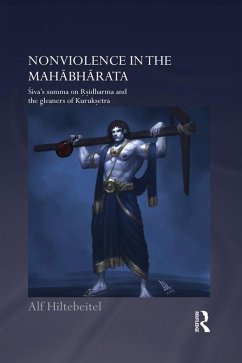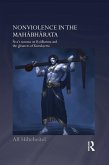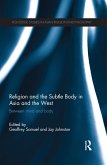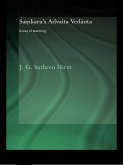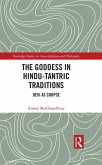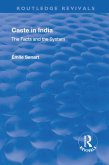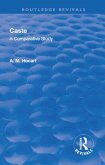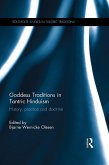This book explores the notion of non-violence in the epic Mahabharata. In examining gleaning as an ecological and spiritual philosophy nurtured as much by hospitality codes as by eating practices, the author analyses the merits and limitations of the 9th century Kashmiri aesthetician Anandavardhana that the dominant aesthetic sentiment or rasa of the Mahabharata is shanta (peace). Mahatma Gandhi's non-violent reading of the Mahabharata via the Bhagavad Gita are also studied.
This book by one of the leaders in Mahabharata studies is of interest to scholars of South Asian Literary Studies, Religious Studies as well as Peace Studies, South Asian Anthropology and History.
Dieser Download kann aus rechtlichen Gründen nur mit Rechnungsadresse in A, B, BG, CY, CZ, D, DK, EW, E, FIN, F, GR, HR, H, IRL, I, LT, L, LR, M, NL, PL, P, R, S, SLO, SK ausgeliefert werden.

